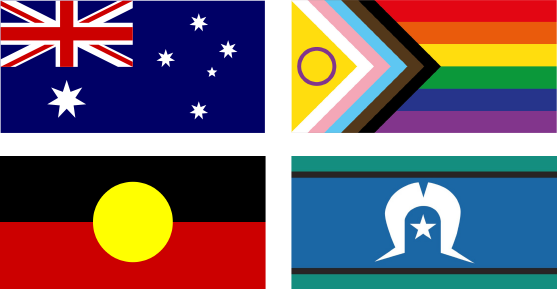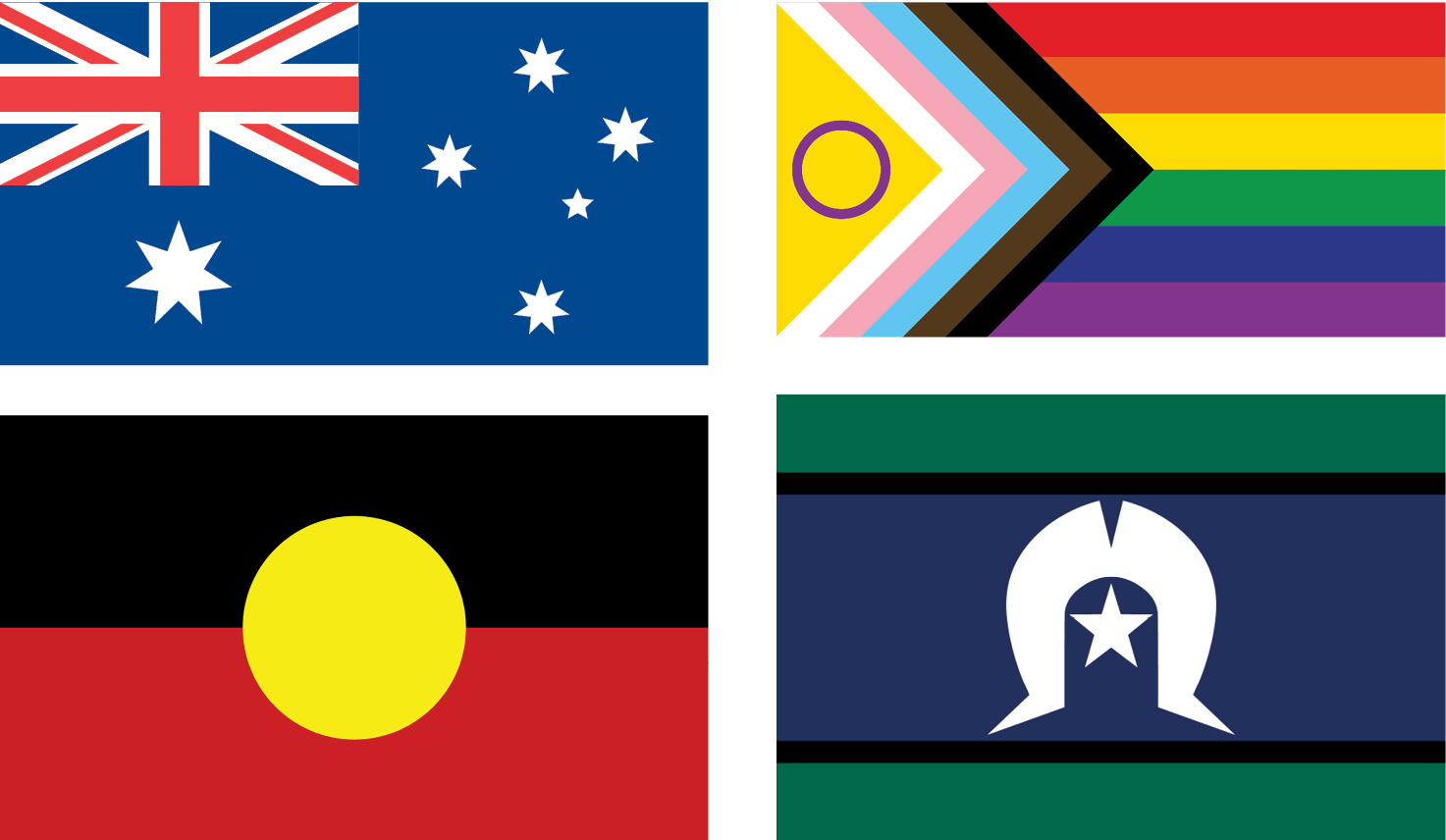Lives Lived Well, a leading not-for-profit organisation that supports people with alcohol and drug concerns, is calling for increased awareness and action in observance of International Overdose Awareness Day (IOAD), occurring this Saturday, August 31. This important day represents the world’s largest annual campaign to end overdose, remember without stigma those who have died and acknowledge the grief of family and friends left behind.
IOAD was first initiated in 2001 by Sally J Finn at The Salvation Army in St Kilda, Melbourne. Since 2012, the day has been organised by the Penington Institute. IOAD serves to highlight the tragic impact of overdose deaths and to stress that such tragedies are preventable. It calls for increased awareness and emphasises the importance of sharing information about available support services.
Lives Lived Well offers a range of community and residential programs across Queensland and New South Wales, helping thousands of people each year to overcome challenges related to alcohol and drug use.
James Curtain, Clinical Director at Lives Lived Well, emphasised the significance of the day, saying, “International Overdose Awareness Day is a crucial moment for our community to reflect on the lives lost and the families impacted by overdose.”
The 2024 theme ‘Together we can’ highlights the power of our community when we all stand together.
“By coming together, we can support those affected and work towards a future free from the devastating impacts of overdose,” Mr Curtain said.
An overdose occurs when too much of a drug, medication or poison is taken, which may result in a toxic effect on the body.
“We’re talking about prescription medications as well here. It’s really important to follow prescribed dosages, know what drugs shouldn’t be mixed, and make sure you ask for help if you’re struggling to manage your drug use,” Mr Curtain said.
“Understanding the signs of an overdose and knowing when to seek help can be lifesaving.”
In a medical emergency, go to the nearest hospital emergency department or call an ambulance (dial 000). Emergency assistance is necessary if someone is unconscious or showing symptoms such as seizures, severe headaches, chest pain, breathing difficulties, extreme paranoia, agitation, or confusion. Even a few of these signs can indicate a serious medical emergency that requires urgent attention.
To learn more about International Overdose Awareness Day, find local events, and access additional resources, visit www.overdoseday.com.
If you or your family need support for alcohol or drug concerns, contact Lives Lived Well at 1300 727 957 or visit www.liveslivedwell.org.au.
-ENDS-
Note to Editors:
Language is powerful—especially when discussing alcohol and other drugs and the people who use them. Stigmatising language reinforces negative stereotypes. “Person-centred” language focuses on the person, not their substance use.
Language matters was developed by NADA and NUAA, in consultation with non-government AOD workers and people who use drugs.
Mindframe is another key source of information on safe media reporting. The suite of Mindframe national guidelines were developed to support safe and accurate media reporting, portrayal, and communication of suicide, mental ill-health and Alcohol and Other Drugs (AOD) to reduce stigma and encourage help-seeking behaviour.
For all Lives Lived Well media inquiries, please contact:
Lisa Larkin, Marketing and Communications Manager, Lives Lived Well
E. [email protected] M. 0428 433 572



